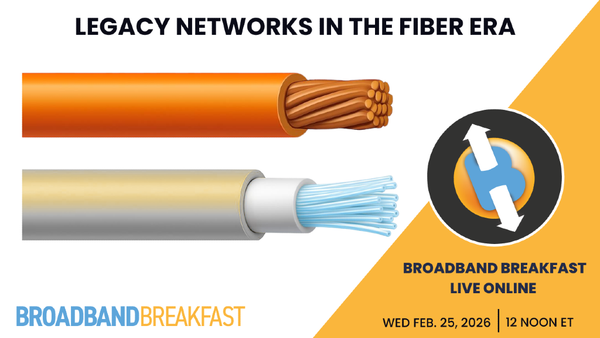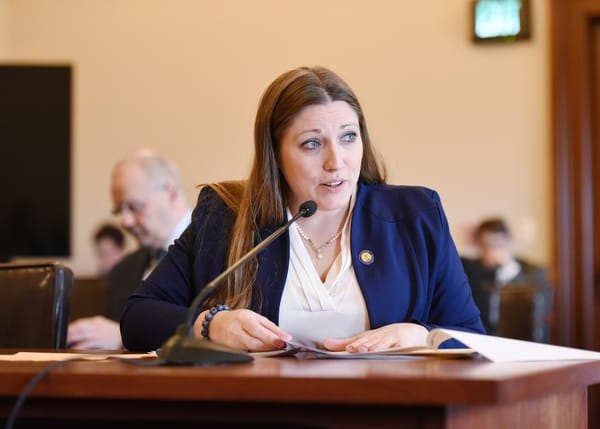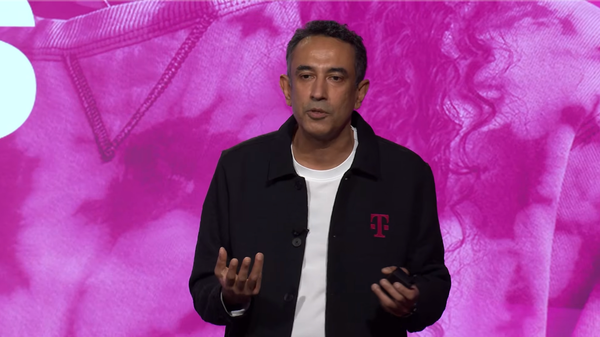Rhode Island Invites Public Feedback on Digital Equity Plan
The state is gearing up to receive money from the NTIA's digital equity capacity grant program.
Jericho Casper

January 16, 2024 – Rhode Island’s broadband equity authority, ConnectRI, launched the public comment period for the state’s digital equity plan on Wednesday.
Funding for the state’s digital equity plan is expected in the second quarter of 2024 through the National Telecommunications and Information Administration’s State Digital Equity Capacity Grant program, which will award $1.44 billion over five years to 56 states and territories to execute statewide digital equity plans.
Rhode Island’s digital equity plan recognizes device ownership and access as a major barrier to digital accessibility in the state, outlining a key objective of 95 percent of residents owning an affordable “large-screen” internet device that meets their needs by 2027.
Providence, East Providence, and Pawtucket have surfaced as regions with the highest percentage of households relying on smartphones as their sole home computing device.
In the top ten census block groups with the highest rates of exclusive smartphone use, 45 percent rely solely on smartphones as their home computing devices, according to the draft plan.
Present data indicates that 80 percent of households in Rhode Island own a desktop or laptop, while 11 percent rely solely on a smartphone.
According to the state’s draft plan, Providence and East Providence also confront the hurdle of having the lowest broadband subscription rates, with less than 33 percent of households subscribed to broadband in multiple census block groups.
The state’s plan reveals that individuals with limited English proficiency show significantly lower rates of broadband subscription and access to desktop or laptop computers compared to statewide averages, with only 57 percent subscribing to broadband and 48 percent having computer access.
A state-led survey on internet connectivity revealed that affordability is the primary barrier to broadband access, with just 15 percent of respondents considering internet service to be affordable. The state survey highlights additional resident concerns including speed, service reliability, and overall satisfaction with internet service.
The state plan presents an overview of community partners to be engaged with, and proposes strategies to mitigate these and the other challenges outlined.
To ensure public engagement and gather valuable insights, the current draft of the digital equity plan is open for public comment until February 8. The broadband authority also encourages residents to participate in the Rhode Island Digital Equity Survey to gather more data to inform the digital equity plan.










Member discussion